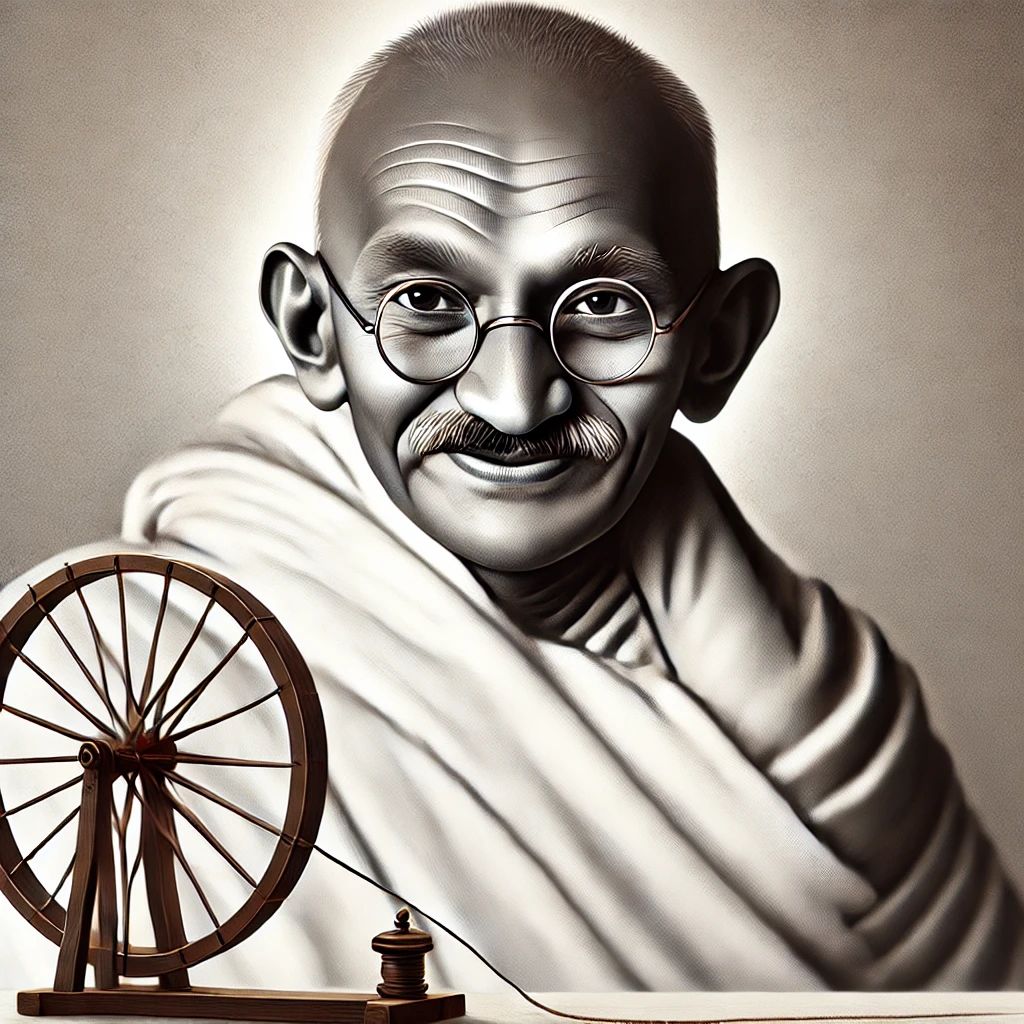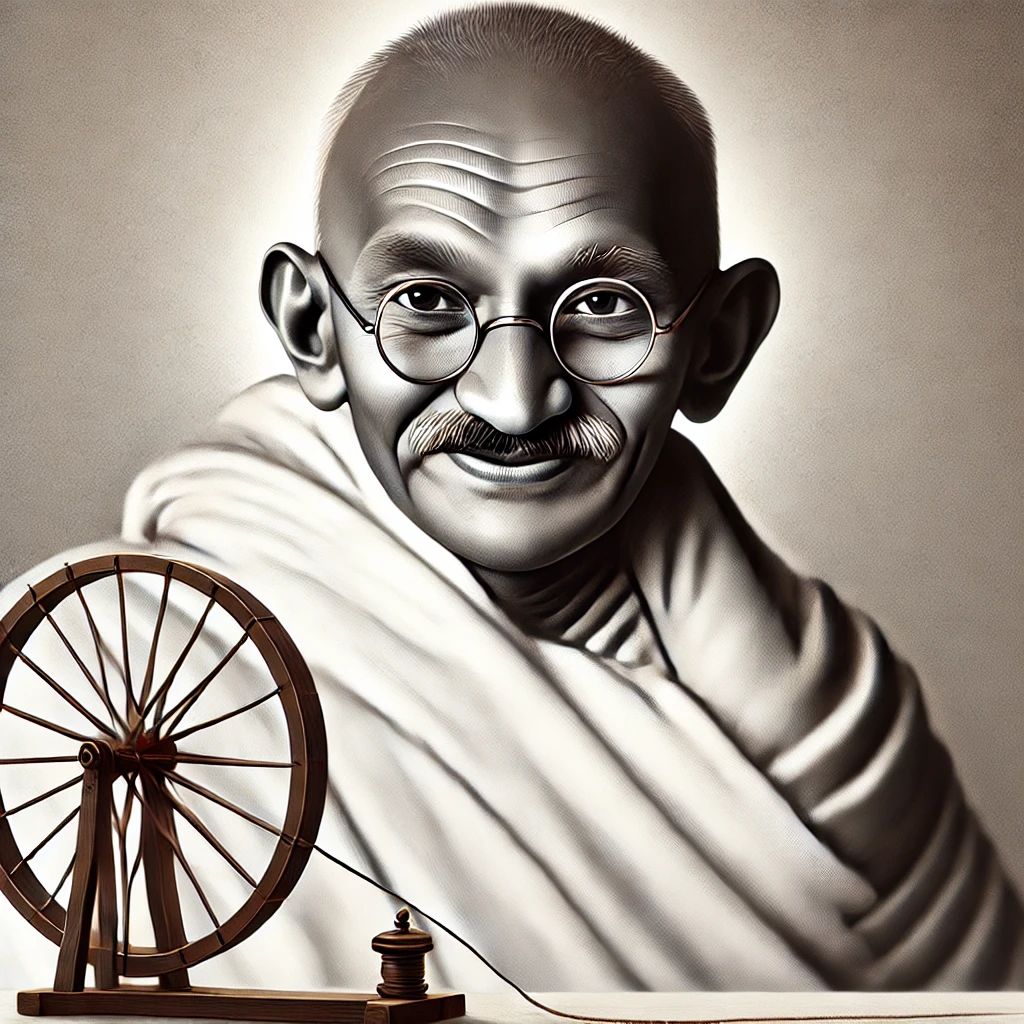
Learn about the life and legacy of Mahatma Gandhi, the father of the Indian freedom struggle. Learn about his philosophy of non-violence (ahimsa), truth and self-reliance (swadeshi) that inspired freedom struggles across the world. Learn about his major movements, achievements and his lasting impact on history
https://digitalinternational.in/
Mahatma Gandhi (1869–1948) was an Indian freedom fighter and leader, known for his philosophy. He played a key role in India’s struggle for independence from British rule. His leadership in movements such as the Non-Cooperation Movement (1920), the Civil Disobedience Movement (1930) and the Quit India Movement (1942) made him a symbol of peace and harmony around the world
MAHATMA GANDHI ONE SPOT COMPLETE INFORMATION …
Key Principles:
- Ahimsa (Non-violence): Gandhi believed in achieving political and social goals through peaceful means
- Satyagraha (Truth & Resistance): A method of protest based on truth, moral force, and civil disobedience
- Self-reliance (Swadeshi): He promoted the use of Indian goods and the spinning wheel (Charkha) to reduce dependency on British products
Major Events:
- Salt March (1930): A 240-mile protest against the British salt monopoly.
Quit India Movement (1942): A call for immediate British withdrawal from India - Independence & Partition (1947): Though he advocated for unity, India was partitioned into India and Pakistan, leading to communal violence
Death:
He was assassinated on January 30, 1948, by Nathuram Godse, a Hindu extremist who opposed his views on Hindu-Muslim unity.
https://www.gandhiashramsabarmati.org

1. Introduction
- Overview of Gandhi’s life and significance
- His role in India’s freedom struggle
- Influence on global movements
2. Early Life and Education
- Birth and childhood in Porbandar, Gujarat (1869)
- Studies in London and legal career in South Africa
- First experiences with racial discrimination and activism
3. Return to India and Rise as a Leader
- Initial political involvement
- Champaran and Kheda Satyagraha (First major successes)
4. Non-Cooperation Movement (1920-1922)
- Call for boycotting British goods and institutions
- Promotion of Khadi and Swadeshi movement
- Impact and eventual withdrawal after Chauri Chaura incident
5. Civil Disobedience and the Salt March (1930)
- Dandi March and protest against the salt tax
- International recognition and Gandhi-Irwin Pact
6. Quit India Movement (1942)
- Call for immediate British withdrawal
- Mass arrests and nationwide protests
7. Role in India’s Independence and Partition (1947)
- Negotiations with the British
- Partition and communal violence
- Efforts for Hindu-Muslim unity
8. Assassination and Legacy (1948 – Present)
- Assassination by Nathuram Godse
- Impact on global peace movements
- Gandhi’s influence on leaders like Martin Luther King Jr. and Nelson Mandela
9. Conclusion
- Gandhi’s relevance in today’s world
- Lessons from his philosophy of non-violence and truth
DIGI MARCH STORE PRINT ON DEMAND













